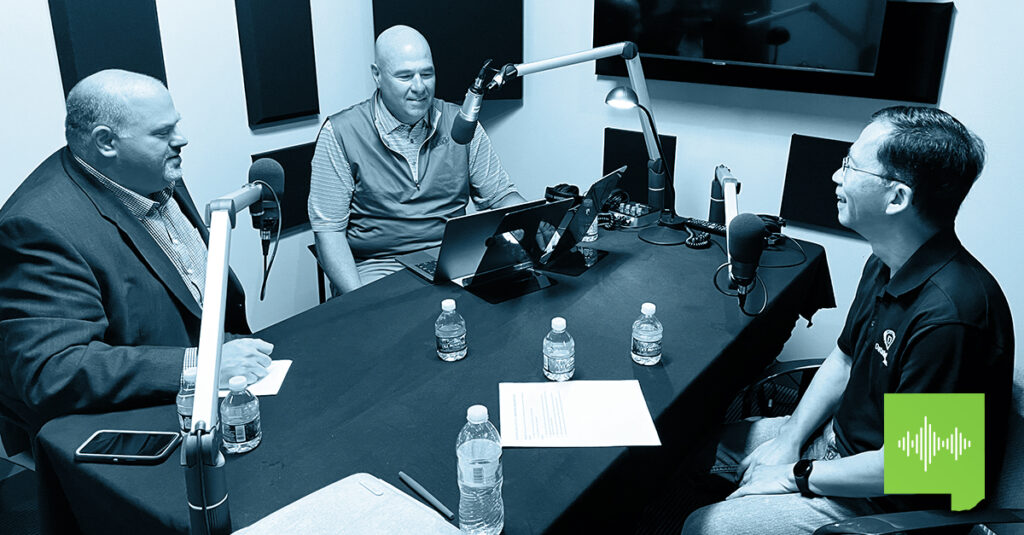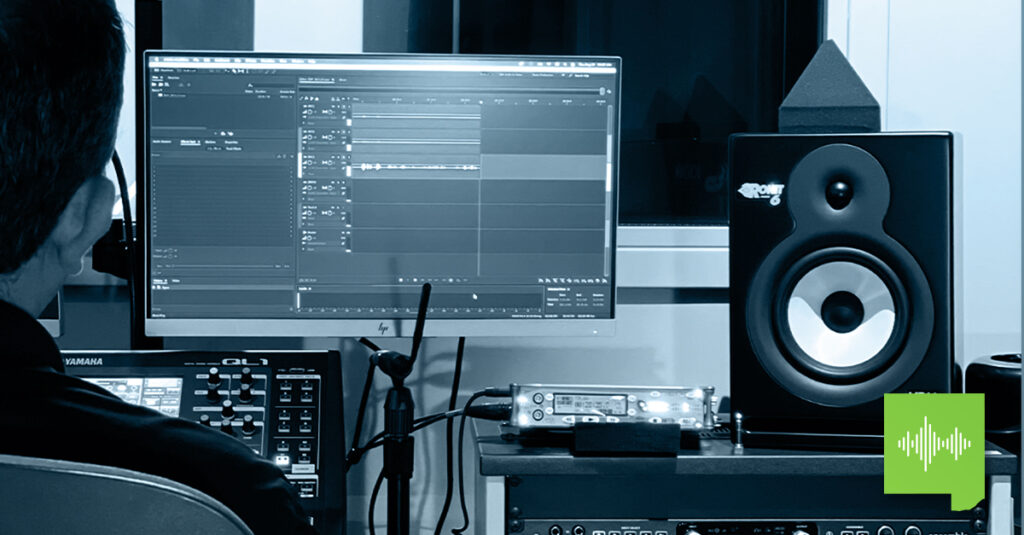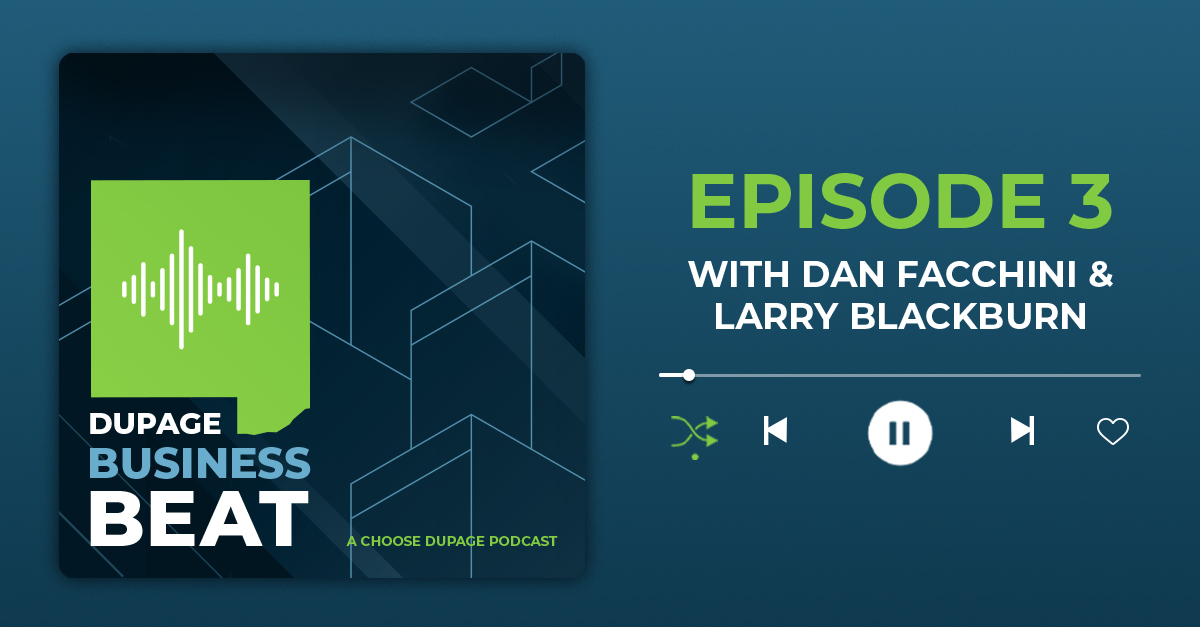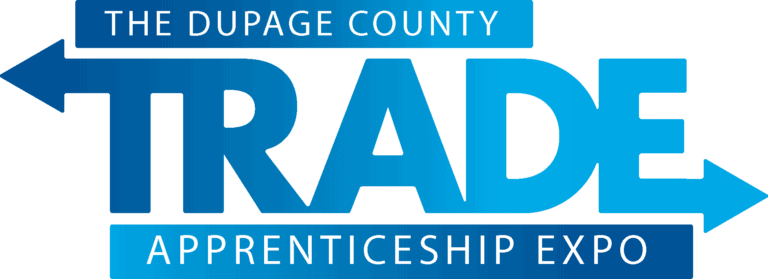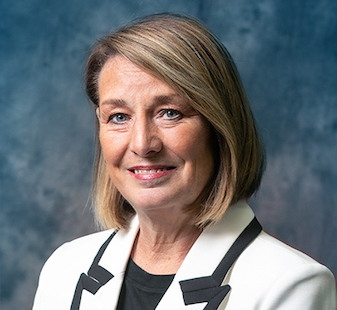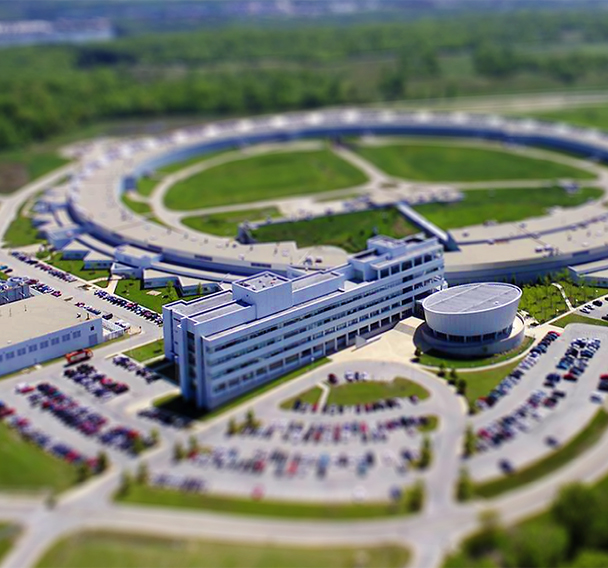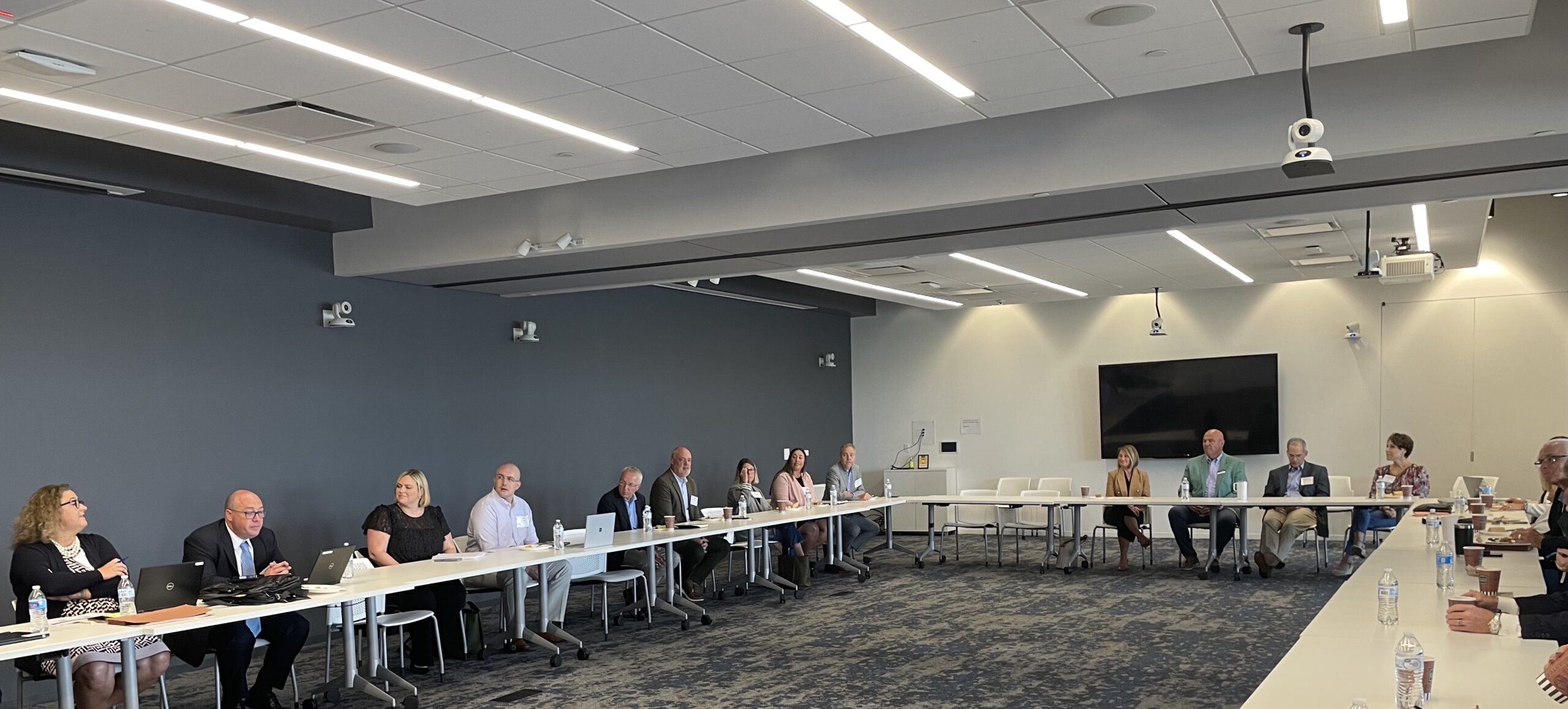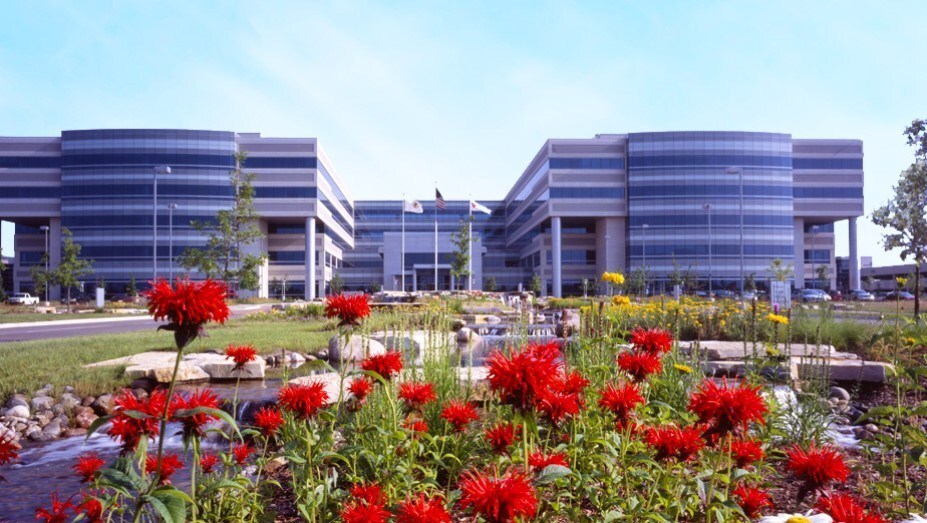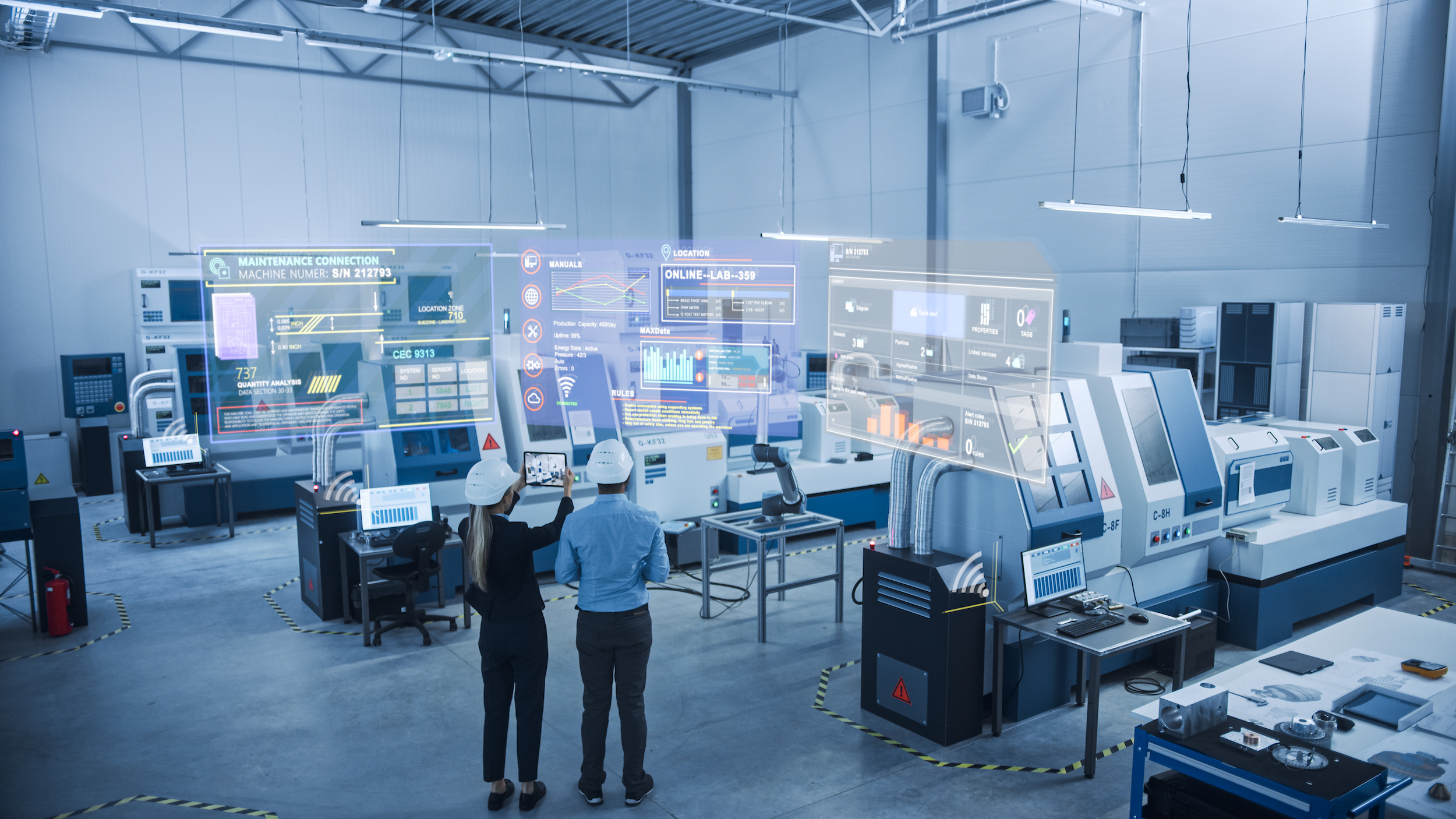Top Office Leases Recognized for Chicago
Published by: CoStar Research | August 2, 2023
Prominent office leases signed by Molson Coors, Antares Capital and Raymond James negotiated by top dealmakers from Riverside Investment & Development and Cushman & Wakefield are among the second-quarter office leases recognized by CoStar.
As big-ticket items involving sizable investments, commercial property transactions often have a wider impact within the community. CoStar will recognize the largest leases completed each quarter and the dealmakers who made them happen in their respective markets.
Here are the Chicago office leases selected as the second-quarter 2023 winners of the CoStar Power Broker Quarterly Deal Awards:
Molson Coors
320 S. Canal St., Chicago, IL
Space Leased: 83,848 SF
Deal Type: New Lease
Size: 1,497,211 SF
Molson Coors, the wholesaler of popular beverages including Blue Moon, Coors, Miller and Topo Chico, finalized a lease in the second quarter to move its headquarters across the Chicago River to the BMO Tower in 2024. The beer giant is slated to occupy the 34th through 36th floors of the tower developed and owned by Riverside Investment & Development. The deal is the latest example of the so-called flight to quality across the country, with tenants moving into newer, higher-end spaces. For Molson Coors, the never-used space at BMO Tower is less than half the roughly 167,000 square feet it now leases just across the river about a block east at 250 S. Wacker Drive.
Antares Capital
320 S. Canal St., Chicago, IL
Space Leased: 79,657 SF
Deal Type: New Lease
Set to join Molson Coors is Antares Capital, a financial services firm that signed a rare relocation and expansion at BMO Tower. The company currently occupies 69,646 square feet at 500 W. Monroe St., though it will occupy nearly 80,000 square feet when it moves to BMO Tower. The skyscraper opened last year along Union Station and includes a 1.5-acre, privately owned park along the west side of the building. It is now more than 70% leased.
Raymond James
120 S. Riverside Plaza, Chicago, IL
Space Leased: 58,196 SF
Deal Type: New Lease
Investment banking giant Raymond James is opening a new Chicago office after signing a lease at 120 S. Riverside Plaza. Owned by Ivanhoe Cambridge for a decade, the 22-story tower includes a recently renovated lobby, two redeveloped plazas, a fitness center, tenant lounges and on-site restaurants. Other tenants in the building include Husch Blackwell, Home Partners of America and Levenfeld Pearlstein.
Sikich
1415 W. Diehl Road, Naperville, IL
Space Leased: 42,895 SF
Deal Type: Renewal
National information technology management firm Sikich signed a lease for a new office at Hub 1415. The Naperville office is the company’s headquarters and houses its specialized training and development program for employees, dubbed Sikich University. Hub 1415 is a Class-A office building consisting of two properties connected by a skyway. The building also offers a full-service cafeteria, on-site parking, multiple tenant lounges and outdoor areas.
Barstool Sports
400 N. Noble St., Chicago, IL
Space Leased: 39,251 SF
Deal Type: New Lease
Size: 58,765 SF
Sports and pop culture media company Barstool Sports signed a deal to occupy 39,251 square feet at The Bishop building in Chicago. Given Barstool Sports’ youthful brand image, the company requires an office environment that fosters creativity, collaboration and innovation. The new location will include a full-size basketball court, a golf simulator, music studios and other space for media content creation. NanoGraf leasing the remainder of the building for its new corporate headquarters.
HNTB
1 S. Wacker Drive, Chicago, IL
Space Leased: 32,176 SF
Deal Type: New Lease
HNTB signed a lease in One South Wacker where the engineering firm will open its first office in Illinois. HNTB operates in 34 states and primarily focuses on infrastructure needs. One South Wacker, also known as OSW, opened in 1982 and is home to such tenants as Invenergy, Rise Interactive, Charles River Associates and Avison Young. The 601W Cos. owns the Helmut Jahn-designed building.
Insight Global
353 N. Clark St., Chicago, IL
Space Leased: 27,043 SF
Deal Type: Renewal
Insight Global renewed its offices in Mesirow’s headquarters building at 353 N. Clark St. in River North. The staffing agency has leased space in the building since 2014, the same year building owner Heitman acquired the property for $715 million.
Helix Logistics
227 W. Monroe St., Chicago, IL
Space Leased: 25,632 SF
Deal Type: New Lease
Helix Logistics provides logistics and transportation services to clients. The company will open a new office at The Franklin after reaching a deal with building owner Tishman Speyer for the 42nd floor of the 60-story tower. The high-rise was built in 1989 in the city’s Loop business district and is also home to Eversheds Sutherland, AllianceBernstein, Madison Capital Funding and Steptoe.
Roetzel & Andress
70 W. Madison St., Chicago, IL
Space Leased: 23,909 SF
Deal Type: Sublease
National law firm Roetzel & Andress has elected to move to a larger office at 70 W. Madison St. in downtown Chicago. The firm leased 23,909 square feet on the 30th floor for five years. Moving to a larger office indicates the firm’s intention to expand its presence in downtown Chicago and grow in key practice areas, including its recently added cybersecurity practice. The firm’s previous Chicago office was at 30 N. LaSalle St.
Kone
3333 Warrenville Road, Lisle, IL
Space Leased: 22,238 SF
Deal Type: New Lease
Kone signed a lease in Central Park of Lisle where the Finnish elevator company will establish its U.S. headquarters. GFH Financial Group, an Islamic investment bank previously known as Gulf Finance House, owns the Broadcom-anchored building.
For more information about available office space in DuPage County, IL please contact Choose DuPage.
